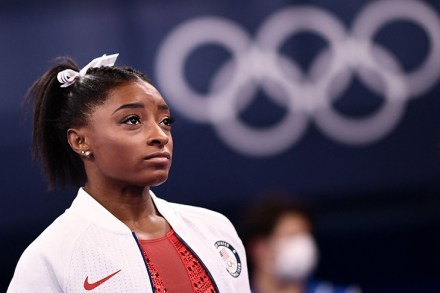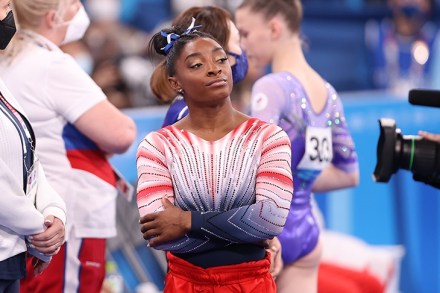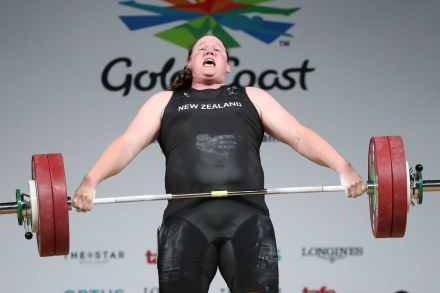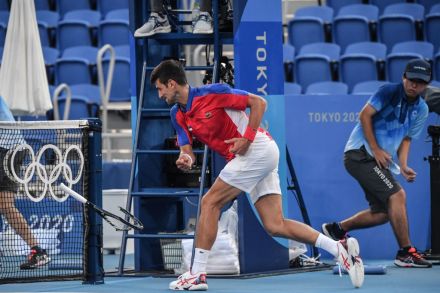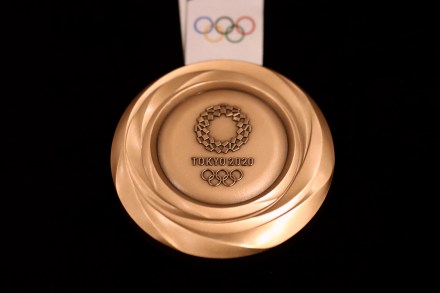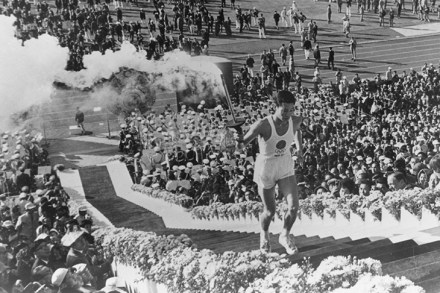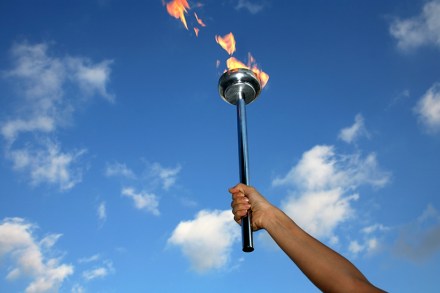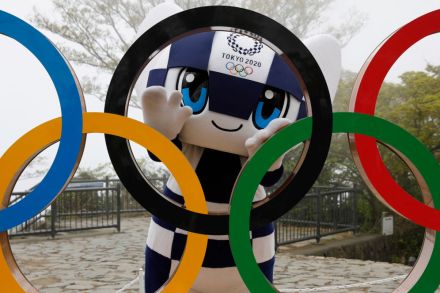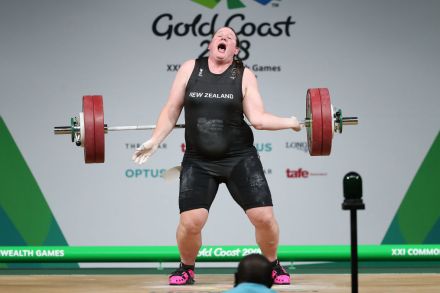Should Simone Biles listen to Novak Djokovic?
I’ve always been a Spectator reader, so I’m delighted to be writing a diary about the Olympics from Tokyo. My first experience of an Olympic Games was probably the most political of them all — Moscow 1980. I wasn’t sure that I would be competing until a few weeks before the opening ceremony. The build-up was fraught with geopolitical tensions — the Soviet invasion of Afghanistan and the US-led boycott of the Games. Thatcher’s government fell in line with Uncle Sam — a little too eagerly — only to then lose its fight with the British Olympic Association. So we ended up going. I lost the first of my finals
